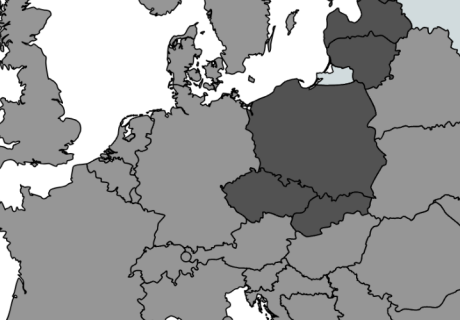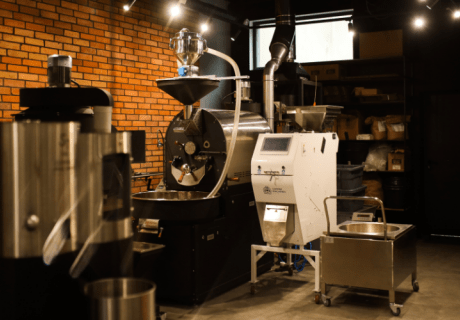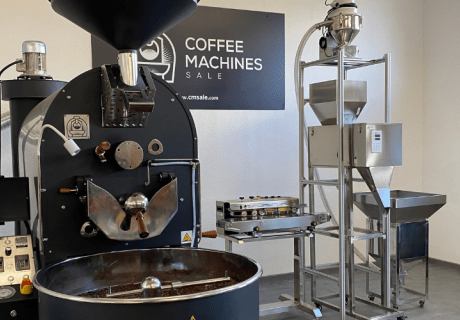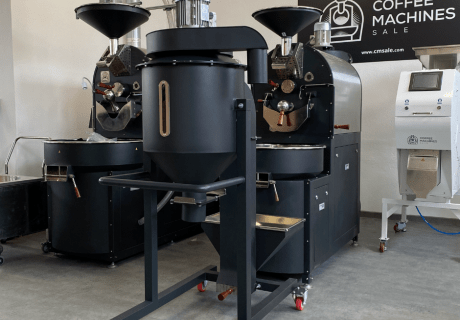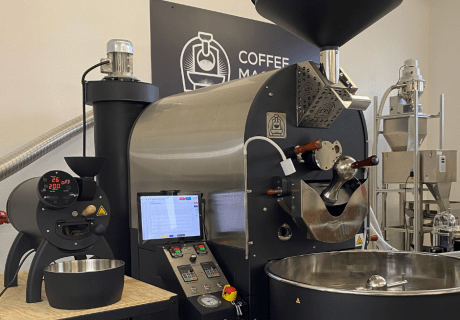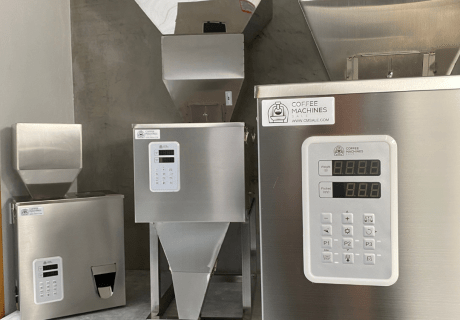Why is education so significant in coffee sector?
It is no secret that coffee is one of the most popular drinks in the world. Probably over 2.25 billion cups of coffee are consumed each day! In addition to the production of coffee beans, the sector also includes those who grow, harvest, roast, and package them. Furthermore, there are a myriad of cafes and other establishments that sell ready-made coffee beverages. Collectively, the global coffee industry is worth an estimated $100 billion US dollars! Needless to say, there is a lot of money to be made in this business. However, in order for businesses to be successful in such a competitive market, they must put a focus on education. You see, producing high-quality coffee requires a great deal of knowledge and expertise. Those who want to enter into this field must be willing to learn about different aspects of the trade such as cultivation practices, bean processing methods, roasting techniques etc. Therefore, it is important to address the question, why is education so significant in the coffee sector?
Why education is important for the coffee sector?
Educated workers are an essential part of the coffee-producing industry as they help increase the quality and efficiency. Education is important everywhere - in coffee roasters, in coffee shops and in coffee fields. In addition, widely understood coffee education also helps consumers understand the complexities of the coffee industry and appreciate the value of the coffee they are consuming.
Better production
Education is an invaluable resource for those who work in the coffee sector, as it helps farmers increase their knowledge and understanding of different production techniques that can result in a higher quality crop. Knowing how to care for the soil, use proper irrigation methods, develop optimal planting systems, and understand pest control basics can significantly improve the health of the plants and produce superior coffee beans.
For example, educated farmers have the expertise to select unique varieties of beans and make aesthetic changes to their packaging that add value to their product and help them differentiate themselves from other producers. All these benefits mean more money in their pockets.
Better processing
At the processing level, learning about various roasting techniques, milling practices, storage methods, and other sorting protocols are essential to creating the highest quality product possible.
Additionally, education plays an important role in developing marketing strategies that help producers bring their product to a larger market and make a greater profit from sales. All these reasons prove that coffee education is key when it comes to producing exceptional coffee beans.
Better technology
Technology plays an important role in modern coffee production. The use of appropriate roasters, grinders, scales and other machinery is essential to the efficient operation of the entire industry. To make this possible, investment is needed in the development of technologies that are used in the coffee industry.
Education is essential for the sustainable development of the coffee sector
Education is the cornerstone of sustainable development in the coffee sector, and the importance of education in the coffee sector benefits everyone. It is often emphasized how important it is to promote education for farmers, equipping them with the knowledge and skills needed to produce quality crops and maximize their yields – but the importance of educating consumers should not be neglected either. Understanding what sustainable coffees are, where they come from, how they are produced and the impact their production has on people and planet will make an incredible difference when it comes to maintaining a global market that places value in both cup quality and equitable practices. Ultimately, education is essential for driving sustainability along all parts of the coffee chain – from seed to cup.

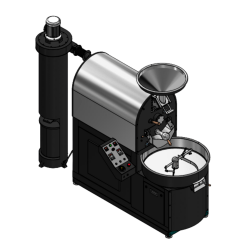


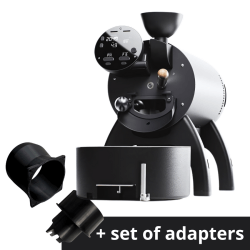
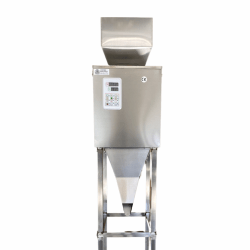
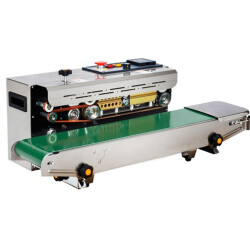

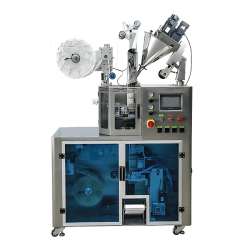

















.png/460_320_crop.png?ts=1769780365&pn=blog_front)




























































